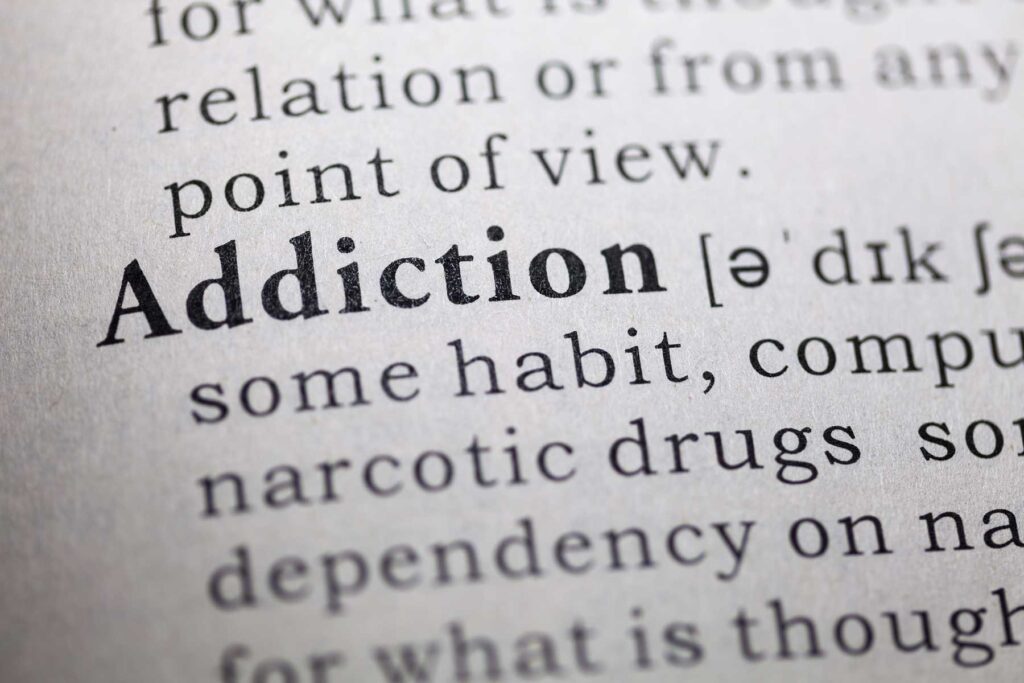Substance use disorder (SUD) is a disease of denial—not only for the people showing signs of addictive behavior but also for their loved ones. Often, the family and friends of people like this don’t want to—or are unable to—recognize behavioral signs of addiction. They are too close to the problem. If you are worried that someone you care about might be covering up an addiction, call 888.296.8976 to speak with someone from Northpoint Recovery’s team about how to spot symptoms of addictive behavior and our addiction treatment programs in Idaho.
7 Signs of Addictive Behavior in Loved Ones
1. They Become Secretive
Loved ones struggling with addiction will take great pains to ensure that you don’t know what’s going on by doing the following:
- Keeping secrets
- Disappearing for hours at a time without explanation
- Hiding phone calls and text messages
- Avoiding straight answers or becoming defensive when questioned
- Lying about where they’ve been, what they’ve been doing, or who they were with
- Isolating themselves
- Being defensive
Addiction is a disease that thrives on denial, deception, dishonesty, and deflection.
2. They Experience Widely-Divergent Mood Swings and Energy Levels
Being around actively addicted people will allow you to witness firsthand the daily roller coaster of emotions. At any given moment, your loved one struggling with addiction can be:
- Extremely anxious, restless, and irritable
- Confused
- Paranoid
- Aggressive and violent
- Going without sleep for long periods or sleeping for abnormally long periods
- Experience a loss of or a ravenous appetite
Your loved one can also be “up” or full of enthusiasm and energy, often to the point where they can’t remain focused on any one thing—or they can be “down” or listless, sometimes to the point of passing out in the middle of another activity.
3. Major Changes in Appearance
You may notice these changes in your loved one’s physical appearance:
- Rapid weight gain or loss
- Uncharacteristically poor personal hygiene
- Changing the manner of dress
- Needle marks or festering sores
- Sunken, hollowed-out, or bloodshot eyes
- Rotted teeth
Addiction takes a tremendous toll on a person’s body. Physical changes can be tangible evidence of an ongoing problem.
4. Disinterest in Formerly Enjoyable Activities
As the addiction progresses, your loved one will lose the ability to feel pleasure without the presence of the intoxicant. Getting drunk and high takes the place of:
- Hobbies
- Getting together with friends
- Traveling
Your loved one will soon be focused on only one thing—getting drunk or high.
5. Failure to Meet Obligations
A once-responsible person will ignore commitments by:
- Skipping or calling in “sick” at work or school
- Missing family events
- Failing to pay bills
When addiction is in full force, the involved person only cares about getting their next drink or fix. Satisfying their craving becomes the top priority.
6. Suspicious Paraphernalia
Your loved one may have a problem if you find any of the following:
- Empty liquor bottles or beer cans
- Syringes
- Burnt spoons
- Steel wool
- Glass or metal pipes
- Rolling papers
- Lighters
- Pill bottles
- Small plastic bags
Initially, the person struggling with addiction will take great care to hide their usage. However, as the addiction progresses, they will begin to get careless.
7. Mounting Legal Problems
As the out-of-control spiral continues, a person in active addiction will begin to “cross the line.” Drug-seeking behaviors are probable when there is a pattern of any of the following charges:
- Possession
- Public intoxication
- Driving under the influence (DUI)
- Fraud or bad checks
- Theft
- Assault
- Domestic violence
What’s important to remember is that although unfortunate situations can happen to anyone, a pattern of suspicious or dysfunctional behavior is usually a good indicator of a SUD that the person can no longer hide.
Find Addiction Treatment in Idaho at Northpoint Recovery
Suppose you have noticed a loved one exhibiting several behavioral signs of addiction. In that case, there is a good chance that they have a severe problem beyond experimentation or recreational use. Contact Northpoint Recovery today at 888.296.8976 to learn more about spotting symptoms of addictive behavior and how we can help your loved one.

